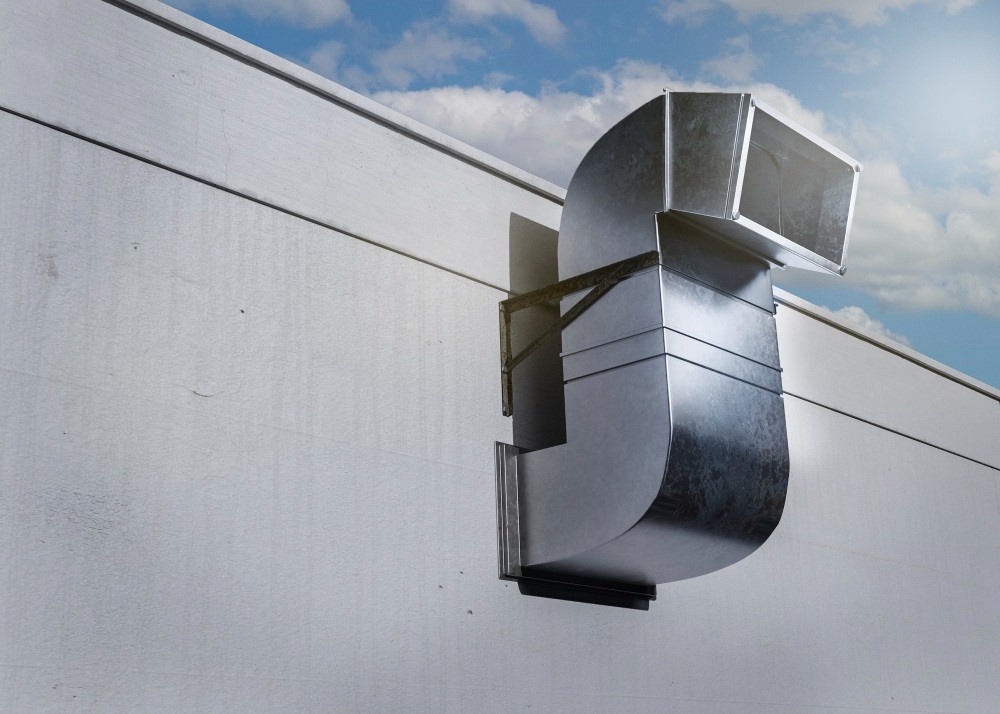
What Impact Industry 4.0 Technologies Have on Manufacturing Plant Layouts?

Manufacturing is undergoing significant transformation in the digital age, in which innovation is key to progress. Manufacturing plant layouts are being redefined by Industry 4.0 technologies that integrate smart systems, data analytics, and automation.
In this article, we explore how Industry 4.0 is revolutionizing manufacturing plants, creating a future of efficiency, connectivity, and adaptability.
What is Industry 4.0?
Industry 4.0, the fourth industrial revolution, represents a fusion of cutting-edge technologies that bridge the physical and digital realms.
As factories become smarter and more interconnected, the repercussions on plant layouts are profound, touching every aspect of the manufacturing process.
The Dynamic Shifts in Manufacturing Plant Layouts
- Smart Factories: Industry 4.0 brings in an era of smart factories where machines communicate with each other and make decisions autonomously, necessitating a rethinking of traditional plant layouts.
- Data-Driven Decision-Making: The influx of real-time data and analytics empowers manufacturers to optimize workflows, leading to more streamlined and efficient plant layouts.
- Flexibility and Adaptability: The modular nature of Industry 4.0 technologies enables manufacturing plants to adapt quickly to changes in production requirements, resulting in layouts that are more flexible.
- Human-Machine Collaboration: With the rise of collaborative robots and AI-driven systems, the relationship between human workers and machines is evolving, prompting a reevaluation of workspace designs.
Impact on Efficiency and Productivity
- Predictive Maintenance: Industry 4.0 facilitates predictive maintenance, ensuring that machinery is serviced before a breakdown occurs, minimizing downtime and enhancing overall efficiency.
- Supply Chain Integration: Connected supply chains enable a seamless flow of materials, reducing bottlenecks and optimizing layouts for a more efficient production process.
- Customization at Scale: Smart manufacturing allows for mass customization, requiring layouts that can accommodate the flexible production of diverse products.
Challenges and Considerations in Adapting to Industry 4.0
- Data Security: The increased connectivity brings forth concerns about data security, necessitating careful consideration in the design of secure and resilient plant layouts.
- Workforce Training: The adoption of Industry 4.0 requires upskilling the workforce to effectively operate and interact with advanced technologies, influencing the spatial dynamics of work areas.
- Cost of Implementation: The implementation of Industry 4.0 technologies usually requires significant financial investments, making it necessary to consider the cost-effectiveness of the proposed plant layout design.
Paving the Way for Tomorrow’s Factories
With industries starting on the transformative journey of Industry 4.0 integration, expert guidance becomes increasingly important. VMS Consultants, top structural consultant in Ahmedabad, providing Engineering Architecture & Project Management Services, emerges as a leader in integrating Industry 4.0 into plant layouts.
In summary, Industry 4.0 affects manufacturing plant layouts beyond the physical realm, affecting the very way factories function. For those who wish to remain at the forefront of innovation, fusing technology and manufacturing is not a choice but a necessity.
Ready to get started on the Industry 4.0 journey? Consult with VMS Consultants today and discover tailored solutions that redefine your manufacturing plant layout for the future.




